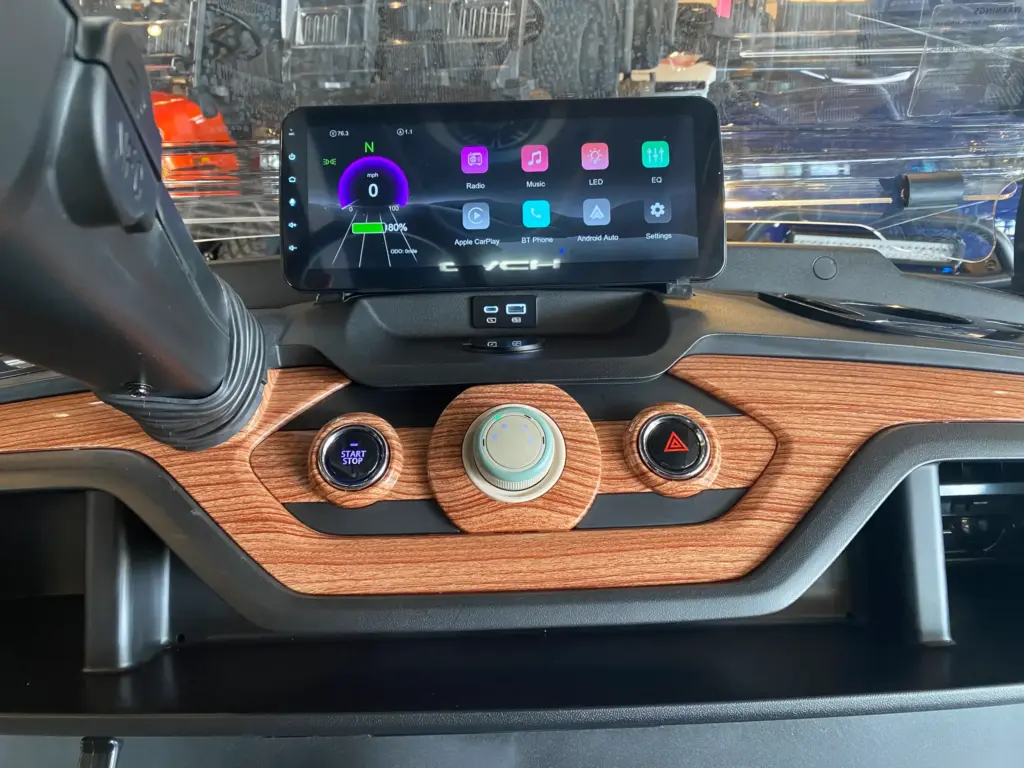As more drivers make the switch to electric vehicles (EVs), many begin asking practical questions about costs beyond the sticker price. One of the most common is: are electric vehicles more expensive to insure? Insurance is an important factor in car ownership, and EVs present some unique considerations that can affect premiums. This article explores why insurance costs for EVs can be higher, how they compare to gas-powered cars, and what drivers can do to keep expenses manageable.

Understanding How Insurance Premiums Are Calculated
Before diving into whether are electric vehicles more expensive to insure, it’s helpful to know how insurers calculate premiums. Companies look at vehicle type, repair costs, driver history, location, and risk factors. EVs, with their specialized technology and expensive batteries, often fall into a different category than standard cars. These differences can influence premiums, but they don’t always make EVs unaffordable to insure.
Why EV Insurance Costs Can Be Higher
Several factors contribute to the generally higher insurance costs of electric vehicles (EVs). Repair costs are one of the biggest reasons, as EVs rely on advanced technology and specialized components. For example, a damaged battery can cost thousands of dollars to replace. Parts availability is another challenge, since EVs are still relatively new, and replacement parts are often harder to source compared to traditional vehicles. Additionally, specialized labor is required because fewer mechanics are trained to work on EV systems, which drives up labor costs. Finally, the vehicle price itself plays a role—EVs typically have higher upfront costs, which directly affects their insurance replacement value.
How Much More Expensive Are EVs to Insure?
According to market data, EV insurance premiums are typically 10–25% higher than comparable gas cars. For example, if insuring a mid-size sedan costs $1,500 annually, an equivalent EV may cost $1,650–$1,900. Luxury EVs like Tesla models can cost even more due to higher replacement values and repair complexity. Still, these added costs can often be offset by lower fuel and maintenance expenses, making EV ownership economical overall.

Do All EVs Cost More to Insure?
The question are electric vehicles more expensive to insure doesn’t always have the same answer. Not all EVs carry higher premiums. Affordable models like the Chevrolet Bolt or Nissan Leaf often have insurance costs similar to traditional cars. High-performance EVs, on the other hand, tend to cost more. The brand, model, and safety rating all influence insurance costs.
Safety Features and Their Impact
EVs often come equipped with advanced safety features like collision avoidance, lane assist, and multiple sensors. These features reduce accident risk, which insurers may reward with discounts. Over time, widespread adoption of these technologies could reduce premiums. So while drivers may currently ask are electric vehicles more expensive to insure, the gap may narrow as insurers adjust to lower accident rates.
Insurance Discounts for EV Drivers
Insurance companies are increasingly offering specialized benefits for electric vehicle (EV) owners. Many provide green vehicle discounts as an incentive for choosing environmentally friendly cars, helping drivers save money while supporting sustainability. Some insurers also offer usage-based programs that reward low-mileage driving, which can be especially beneficial for EV owners who primarily use their cars for shorter trips. Additionally, drivers may qualify for bundling discounts when they combine their EV insurance with other policies, such as home or renters’ insurance, creating an opportunity for even greater savings.

Comparing Long-Term Ownership Costs
Even if the answer to are electric vehicles more expensive to insure is yes, the overall cost of ownership still often favors EVs. Lower fuel and maintenance expenses offset insurance premiums over time. For example, EV drivers may save $700–$1,000 annually on fuel compared to gas car owners. When combined with reduced maintenance costs, these savings often outweigh slightly higher insurance premiums.
How Driving Habits Affect EV Insurance
Insurers also consider driving habits when setting premiums. EV drivers who use their cars primarily for short commutes may qualify for lower rates under mileage-based programs. On the other hand, frequent long-distance driving may raise costs slightly, especially if it increases wear on expensive components like batteries and tires.

Regional Differences in EV Insurance
Insurance costs also vary by location. In areas with more EV adoption, insurers may offer more competitive rates due to increased familiarity and available repair networks. In regions where EVs are rare, limited expertise may keep premiums higher. This explains why two drivers asking are electric vehicles more expensive to insure may get different answers depending on where they live.
Future Trends in EV Insurance
The insurance industry is evolving alongside EV technology. As more mechanics are trained and battery replacement becomes cheaper, premiums are expected to decrease. Insurers are also gathering more data about EV performance and safety, which will help set fairer rates. In the long term, EV insurance may cost no more—or even less—than traditional car insurance.

External Perspective on EV Insurance Costs
According to Forbes Advisor, EVs often cost more to insure today, but overall ownership expenses are still competitive thanks to fuel and maintenance savings. Their research highlights that as technology matures, insurance premiums for EVs are likely to stabilize and align more closely with gas-powered cars.
Tips to Save on EV Insurance
If you’re concerned about whether are electric vehicles more expensive to insure, here are steps to reduce costs:
- Shop around and compare quotes from multiple insurers.
- Ask about EV-specific discounts or green vehicle programs.
- Maintain a clean driving record for the best rates.
- Consider higher deductibles if financially feasible.
- Bundle auto insurance with other policies for added savings.

Conclusion: Are Electric Vehicles More Expensive to Insure?
So, are electric vehicles more expensive to insure? In many cases, yes—premiums are 10–25% higher due to repair costs, parts availability, and advanced technology. However, EVs offer significant savings in fuel and maintenance that balance out higher insurance. As infrastructure improves and insurers adapt to EVs, premiums are expected to decrease over time. For now, while insuring an EV may cost more, the overall value and environmental benefits make them a worthwhile investment.
At Hartville Golf Carts, we understand the importance of making informed decisions about transportation. Just as golf carts provide affordable, efficient mobility, EVs deliver long-term savings and sustainability. By weighing insurance costs alongside other factors, you can decide if an electric vehicle fits your lifestyle and budget.








